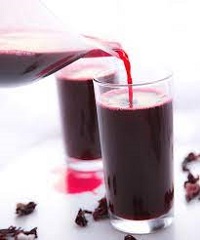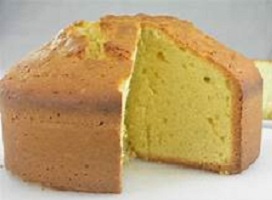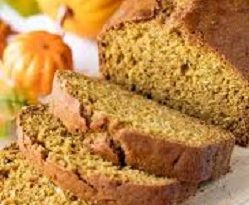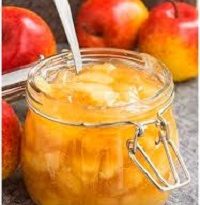Health Benefits and Side Effects of Zobo Drink
Health Benefits and Side Effects of Zobo Drink

Nigerians enjoy a popular drink known as zobo. The dried sepal of the hibiscus plant bloom is used to make this ancient drink. This drink is enjoyed by people from all over the world, not just Nigerians.
The Hibiscus plant is indigenous to West Africa, and the drink it produces is both refreshing and unique. In Nigeria, this beverage is known as “Zobo.” It is known by several names throughout the world. Hibiscus drink is the English name for zobo drink.
The Health Benefits and Side Effects of Zobo Drink
There are so many fascinating facts about Zobo that you are unaware of.
This beverage contains numerous therapeutic characteristics that can be used to cure a variety of diseases. It is healthy to consume because it can be used to treat high blood pressure and kidney problems.
Hibiscus leaves are used in a variety of ways around the world, and they contain a high concentration of water-soluble antioxidants. This beverage has a lot of vitamin C, which is good for both kids and adults.
Organic acids such as tartaric acid, citric acid, and maleic acid make up 15 to 30 percent of the Zobo drink. Flavonoids, glycosides, and polysaccharides are also present in this healthful beverage. It’s a natural diuretic whose potential has been investigated both locally and globally.
The Health Benefits and Side Effects of Zobo Drink
Some of the great health benefits of the Zobo drink to man are listed below:
People with diabetes can take this drink without hesitation. They will not be harmed by the qualities of Zobo because they can opt to consume it without sugar. It’s also good for people with kidney and liver disorders.
- It can be used to treat coughs and colds.
Hibiscus blooms provide a significant amount of ascorbic acid, a type of vitamin C. Because of the vital minerals found in Zobo, it can help prevent colds and coughs in both children and adults.
This delicious drink is also anti-inflammatory and somewhat antibacterial. Many people use it to alleviate the pain associated with a fever.
- Zobo is an anti-hypertensive; it helps to keep blood pressure in check.
Hibiscus tea has been shown to help control blood pressure in studies. This beverage aids the kidney’s filtering of waste products such as uric and oxalic acids. Kidney stones occur when this waste builds up.
Consuming hibiscus tea, commonly known as Zobo, can aid with hypertension management. It has anti-hypertensive characteristics that aid in the reduction of cholesterol, high blood pressure, constipation, and diabetes.
Taking hibiscus tea can help keep low-density lipoproteins from oxidizing. High blood pressure can be caused by a high concentration of this substance in the blood.
- To help you lose weight,
Weight gain will occur if you consume a lot of foods that are high in carbohydrates. Amylase is an enzyme produced by the body that aids in the breakdown of complex sugar and starch molecules in the diet.
A component in the Zobo drink inhibits the formation of amylase. This means that consuming this beverage regularly will aid in the prevention of the accumulation of starchy meals that contribute to weight gain.
- Zobo Drink has anti-cancer properties and also protects the kidneys.
- Enhances Fertility
The Health Benefits and Side Effects of Zobo Drink
What Are the Zobo Drink’s Side Effects?
In moderation, zobo drink is generally regarded as safe. However, if consumed in excess, zobo drink can induce stomach pain, gas, constipation, nausea, painful urination, headache, and ringing in the ears, among other things (tinnitus).
Zobo is not safe for pregnant women, babies, and breastfeeding mothers.
FAQs
- Does zobo drink give blood?
Many people have been asking this query. Zobo has been clinically proven to aid in the fight against anemia.
- Is zobo drink beneficial to hair growth and skin radiance?
Many Zobo drink recipes promote hair development, hair loss, hair renewal, and skin radiance.
- What is the function of hibiscus in Africa?
Constipation, cancer, liver illness, and cold symptoms were all treated with Zobo in Africa. To treat wounds, the leaves’ pulp was applied to the skin.


